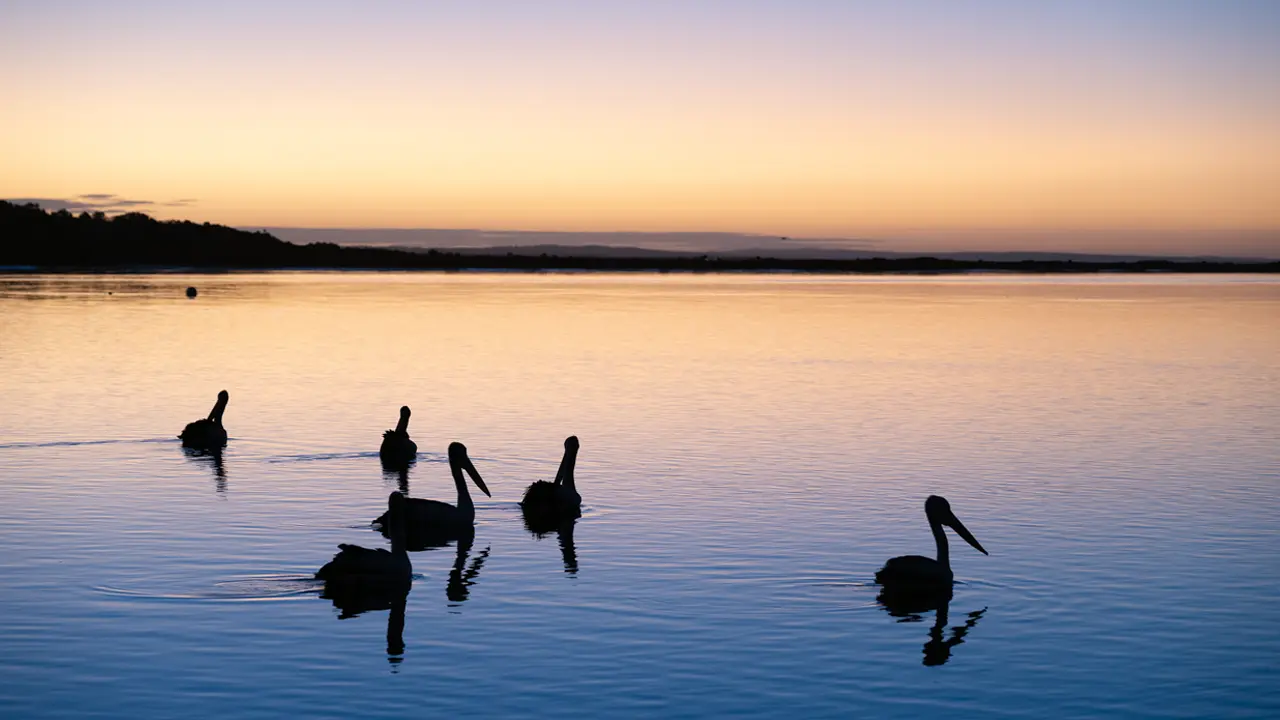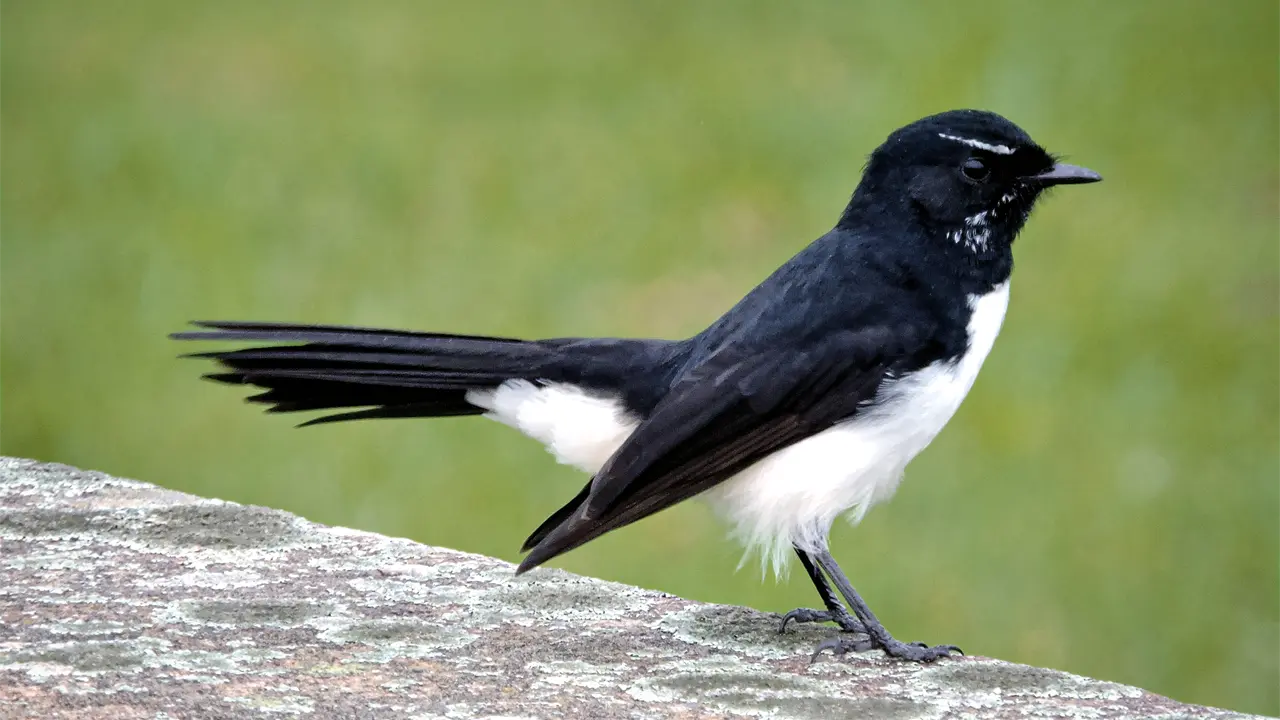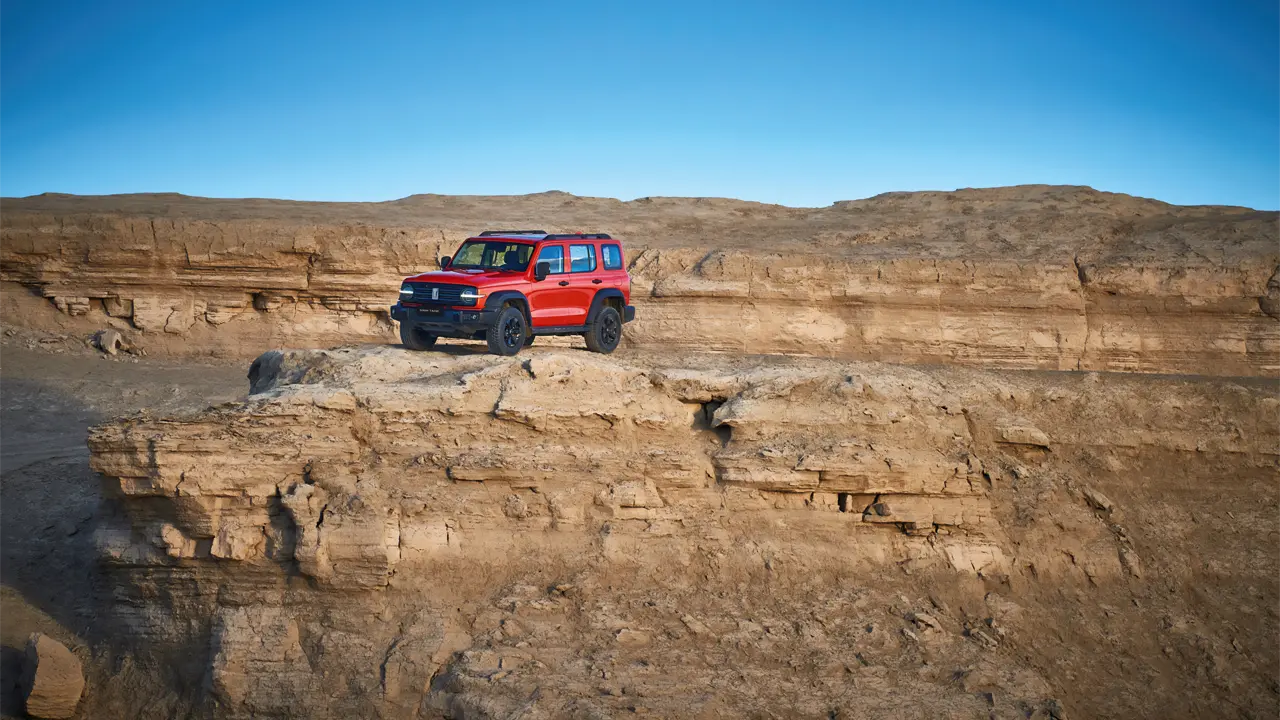Andrew Hull is a poet, painter and musician but it is his connection to the quintessential outback town of Bourke that defines him.
Story By Nick Cook
A plume of dust hangs behind the four-wheel-drive like a tail as it rattles along the track towards Bourke. Typical of far western New South Wales, the dirt road is dead straight as far as the eye can see, a red line drawn across the mottled green mulga landscape. Wispy tendrils of white cloud are the only break in a perfect blue sky that stretches from one distant, flat horizon to the other. They do nothing to dilute the sun’s merciless glare.
The vehicle’s cabin is a small bubble of air-conditioned comfort, a welcome refuge from the oven-like heat outside. Behind the steering wheel, Andrew Hull has kicked off his thongs and is driving in bare feet. With his clean-shaven face and close-cropped salt-and-pepper hair, he looks like any typically Australian middle-aged man going for a drive. Casually dressed in T-shirt and shorts, he could just as easily be on the coast heading to the beach or in the suburbs on his way to watch the kids play cricket. He’s not typical though, which becomes obvious when he opens his mouth and begins reciting one of the many poems he has written: “West was the chance for adventure, romance/And a life that was not ‘handed down’/Where the idealistic and unrealistic/Escaped both rank and renown …”
It’s difficult to fit ‘Hully’, as everybody calls him, into any category. He describes himself as a ‘Renaissance man’, a fitting title given his range of skills. As well as writing poetry, he is a talented painter who exhibits regularly, a songwriter who has recorded a number of CDs chronicling life on the Western Plains and he frequently tours the region with other musicians. He recently published his first collection of poems, West, and it is from the title poem that he is reciting. “… But it lives in a song for the sacred and strong/Who cling to the will in their breast/And wait for the chance of adventure, romance/That is still to be found in the West.”
When reciting poetry his usually ocker voice drops in both pitch and tone, giving extra weight to his words. Every syllable is delivered with the crisp clarity of a stage performer, painting an image that seems to hang in the air and give life to the harsh outback landscape that slides past the window.
This story excerpt is from Issue #58
Outback Magazine: April/May 2008









